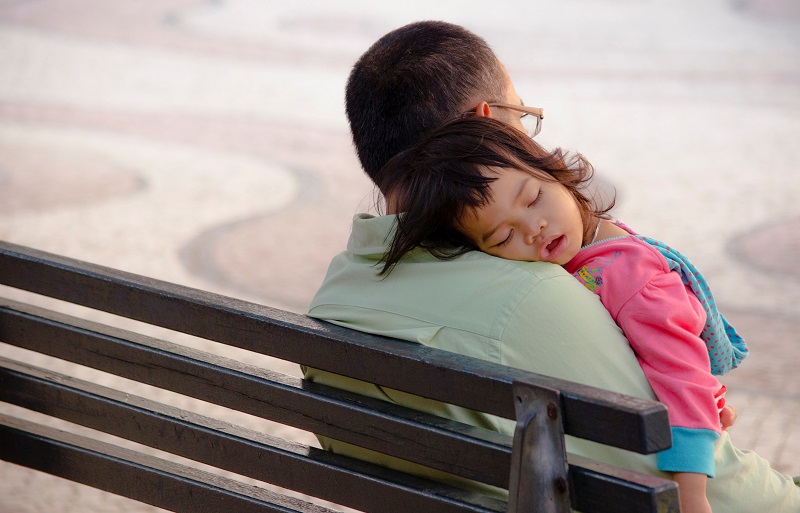
Is your child with ADHD struggling to get a good night’s sleep? Countless parents like you face the challenge of calming their restless children and ensuring they wake up refreshed. The relentless cycle of sleep deprivation can take a toll on your child’s well-being and disrupt the entire family’s routine.
But worry not, because we’re here to provide you with 3 easy ways to help your ADHD child sleep soundly and wake up revitalized. These effective strategies are designed to address the unique challenges faced by children with ADHD and create a peaceful bedtime routine that promotes restful nights. By implementing these techniques, you can provide your child with the opportunity to recharge, allowing them to better manage their ADHD symptoms and face the day with renewed energy.
1. Establishing a Soothing Bedtime Routine
One of the keys to promoting better sleep for your child with ADHD is to establish a soothing bedtime routine. This routine should be consistent, as it helps signal the body that it’s time to wind down and prepare for sleep. Start by setting a fixed sleep schedule, ensuring that your child goes to bed and wakes up at the same time every day. Consistency is crucial in regulating their internal body clock.
Incorporating calming activities before bedtime can also aid in relaxation. Encourage activities such as reading a book, taking a warm bath, or listening to soft music. These activities help shift their focus away from the day’s activities and create a sense of calmness.
To create a peaceful environment conducive to sleep, consider dimming the lights in your child’s bedroom. Soft, warm lighting promotes relaxation and signals to the brain that it’s time to rest. Additionally, minimize distractions by removing electronic devices and toys from the sleeping area.
2. Optimizing the Bedroom Environment
The bedroom environment plays a significant role in promoting restful sleep for children with ADHD. Start by ensuring your child has a comfortable mattress and pillows that provide adequate support. A cozy sleep environment enhances relaxation and makes it easier for them to drift off to sleep.
Temperature can also impact sleep quality. Keep the bedroom at a cool, comfortable temperature, as a slightly cooler environment is generally more conducive to sleep. Consider using blackout curtains or an eye mask to block out any excess light that may disrupt your child’s sleep.
Noise can be another factor that affects sleep for ADHD children. Minimize noise levels by using white noise machines or earplugs if necessary. Creating a quiet and peaceful atmosphere in the bedroom helps your child relax and promotes deeper, more restful sleep.
3. Finding Ways to Quiet the Mind.
When it comes to getting kids to sleep, one of the essential factors is finding ways to quiet the mind. Children’s minds can be filled with thoughts, worries, and imaginations that make it challenging to transition into a peaceful state for sleep.
To help your little ones unwind, establish a bedtime routine that includes activities specifically designed to calm the mind. Encourage them to engage in relaxing activities like reading a book, practicing deep breathing exercises, or doing gentle stretches.
Create a tranquil environment in the bedroom by dimming the lights, playing soothing music, or using a white noise machine. By incorporating techniques to quiet the mind, you pave the way for a restful night’s sleep and a refreshed start to each new day.
Helping your child with ADHD achieve restful nights of sleep is a journey that requires patience, understanding, and a comprehensive approach. Remember, a good night’s sleep sets the stage for a better day ahead, enabling your child to thrive and reach their full potential.
If your child’s sleep difficulties persist despite your efforts, Nurture Pods us here to help. At Nurture Pods, we understand the challenges you face as a parent. That’s why we’re here to provide the support and guidance you need. Don’t hesitate to reach out to Nurture Pods—we’re here to help you and your child achieve a healthier and more peaceful sleep routine.
Written by: Alex Liau
Published on 16 August 2023





